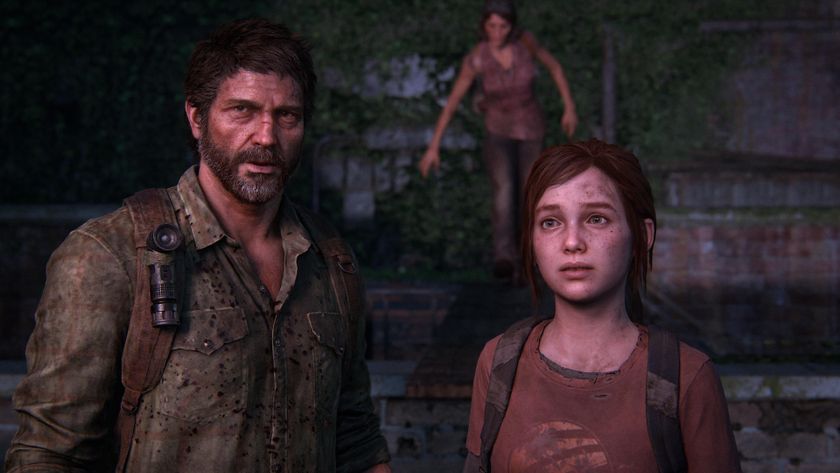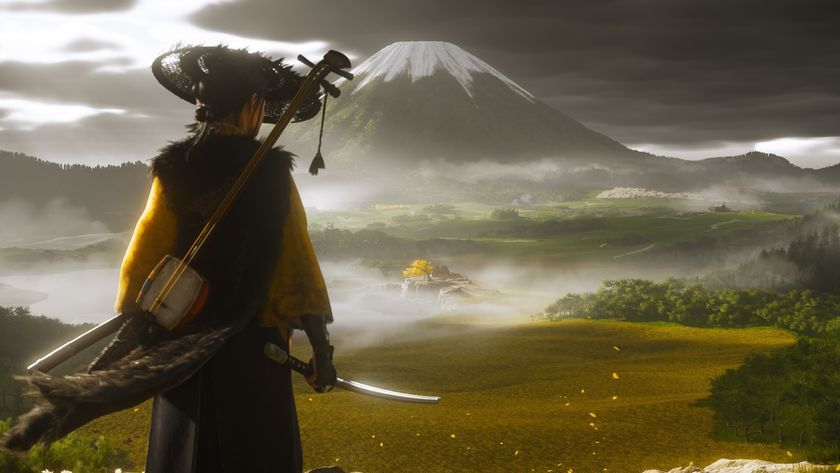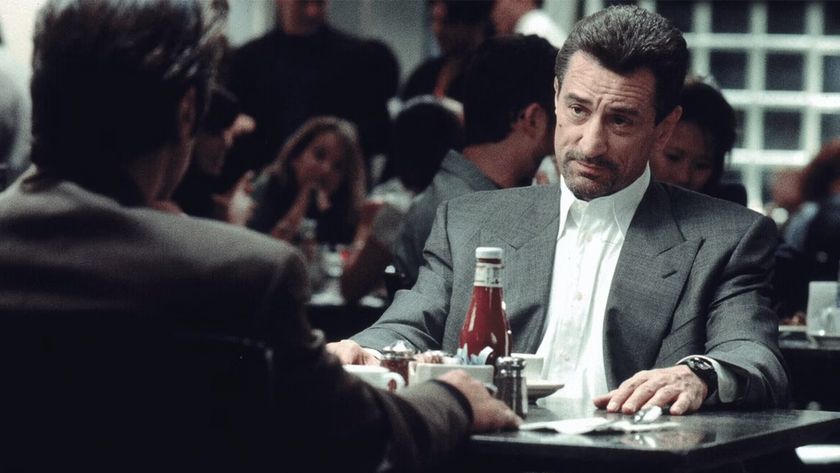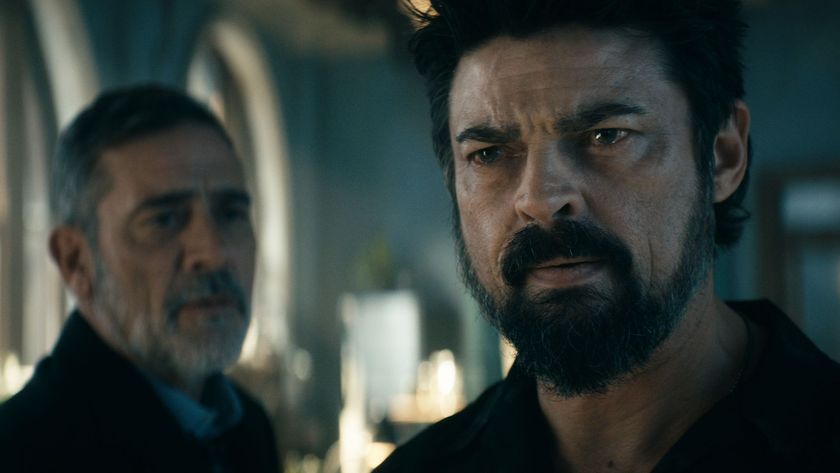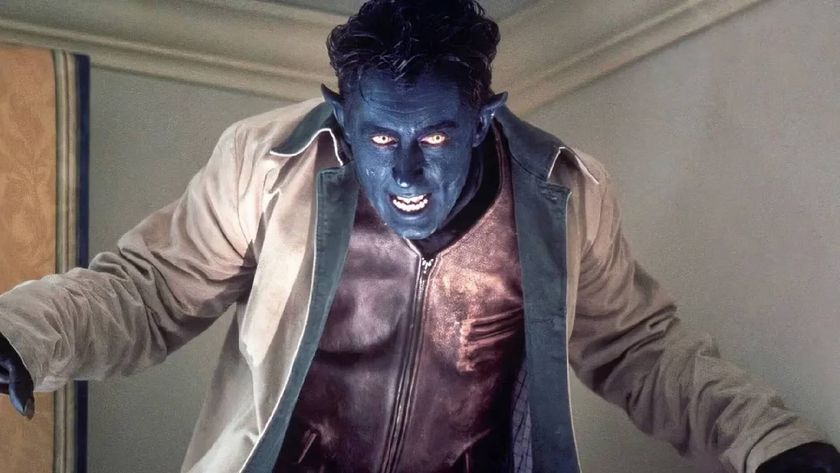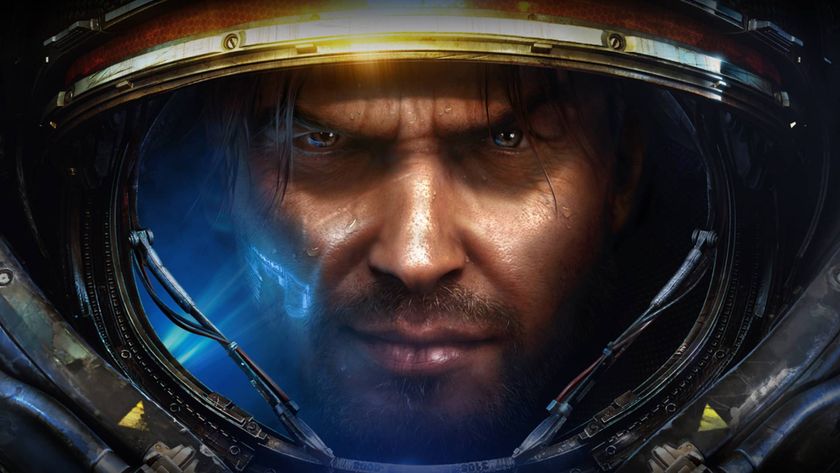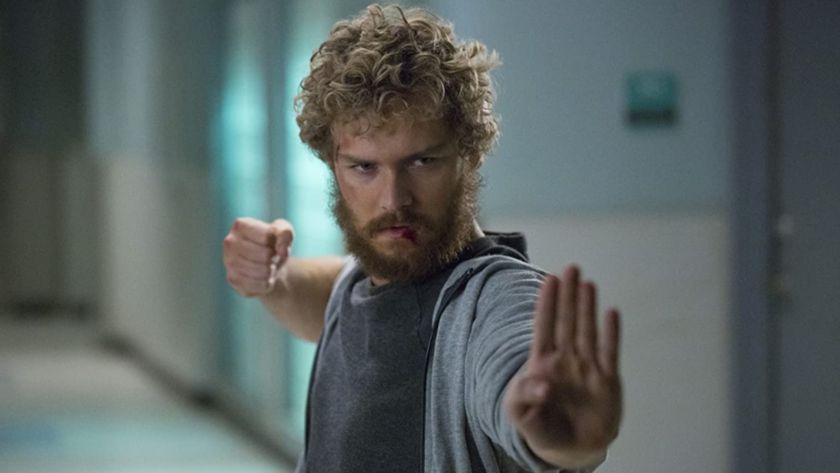Hellgate: London interview
We quiz lead dev Bill Roper on his devilishly good RPG
GR: What drove the decision to set Hellgate in a future world, rather than in a traditional far-past fantasy world?
We wanted to do something fresh. Some of us had been a part of buildingthe giant fantasy universe that is Warcraft. While the vast majority of us who came to Flagship had worked on the Diablo series, building an alternative Gothic world again in a far-past setting.
We wanted to do something that was different, and on a personal level to challenge ourselves with something we hadn't done before. Which was using a real world location and locating it in a near-future setting. It meant we could mix things like magic and the dark evil parts of fantasy with technology.
In addition, we knew we wanted to make a game with first person 3D gameplay predominantly, and so from the beginning we thought "We can do guns. We've never made guns before!". It was going a lot of fun coming up with these crazy, bleeding edge Area 51 type science guns, guns that were magical in nature, and then mixing that with swordplay and spellcasting. It was really something that excited us and got our creative juices flowing, which is always important.
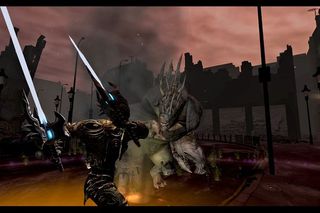
GR: Was London the first location that came to mind?
It actually was the first suggestion. The very first thing we came up with, with Dave Brevick, Erich and Max Schaefer and myself in Dave's living room, was that Dave suggested the very high level core concept, which was Diablo II meets Half-Life. That was our shorthand for talking about the project. We wanted it to have the pacing and the action and the RPG elements and all the randomisation of a Diablo game, but then having that 3D and immersion of first person and other elements from Half-Life style games.
Sign up to the GamesRadar+ Newsletter
Weekly digests, tales from the communities you love, and more
Then we started talking about where do we want to set this?Max Schaefer was the one who suggested London, predominantly because of his art background in architecture. He's actually a schooled architect. He immediately thought of cities that were internationally known, that had very compelling skylines, had interesting buildings, and, you know, London has this history.
We talked about it, we threw that idea around and started doing some research on it. Andas we delved into the mythological history of the city, the fact that there was even more than we originally thought under the city was very important to us. We wanted people to adventure both above and below ground, and having truly almost a city beneath the city was a huge element in that.
Another reason was the fact that London has always been this epicentre for, well, the polite way of saying it is "aggressive attention". There's been wars and battles and attempts to take it over and catastrophic events both man made and natural, like the plague and the Great Fire in 1666. All these elements really lent it to be this hotspot for exceptional activity.
The city became a very central part of what we did, you know, we wanted to have landmark locations as settings in the game, as places in the game where things happen that were important to the storyline. So choosing London was very specific and was in fact the first place we chose. It was a nice element that occurred right from day one.
Ben Richardson is a former Staff Writer for Official PlayStation 2 magazine and a former Content Editor of GamesRadar+. In the years since Ben left GR, he has worked as a columnist, communications officer, charity coach, and podcast host – but we still look back to his news stories from time to time, they are a window into a different era of video games.
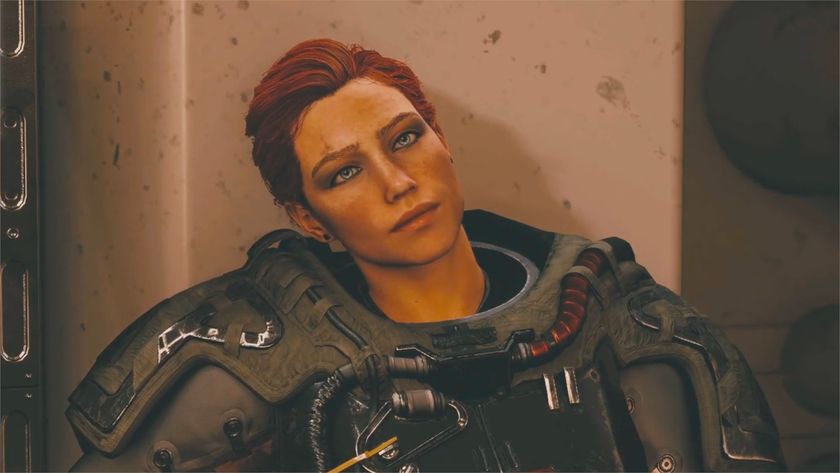
Starfield could release on PS5 with a second expansion this year according to Xbox insiders, but it was reportedly originally meant to launch with Shattered Space

Kingdom Hearts 4 director rears his head 1,085 days after the JRPG's reveal to share a potentially crucial piece of fruit lore that baffles even Square Enix
